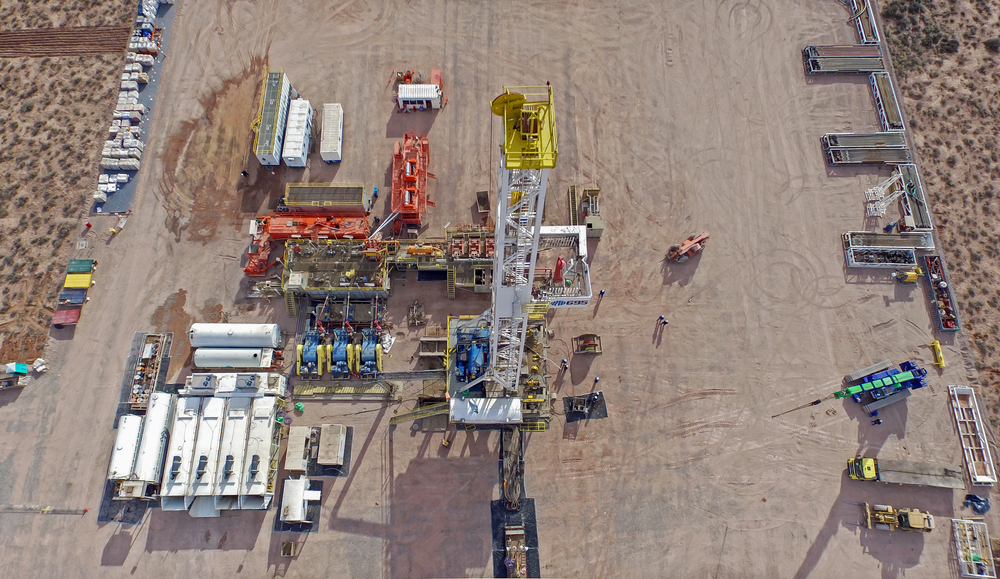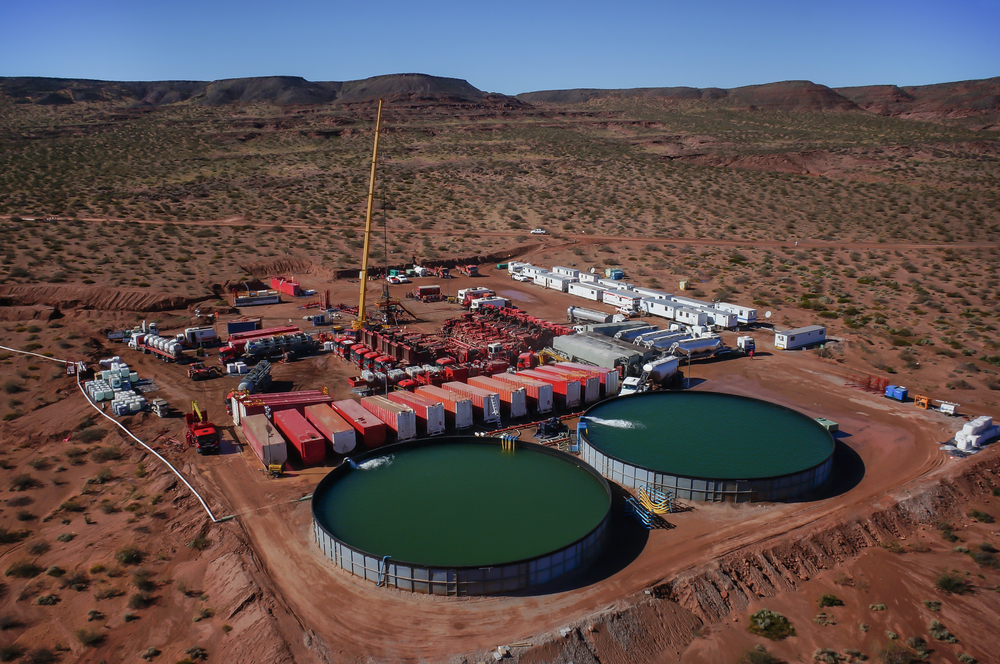Despite its emissions reduction targets, Argentina is doubling down on hydrocarbon production. Besides increasing fossil fuel subsidies, the government is moving forward with the expansion of a pipeline system to transport gas from the Vaca Muerta shale oil fields.
“We can become an energy exporter. We have the resources, as Vaca Muerta is the world’s second-largest gas reserve, a key fuel in the framework of the energy transition,” said President Alberto Fernández, back at the opening of the current legislature in March.
However, environmental organizations claim that such plans are incompatible with Argentina’s commitments to reduce emissions, saying instead that funds earmarked for fossil fuels could be used to finance the energy transition by promoting renewables.
Vaca Muerta is Argentina’s main source of unconventional hydrocarbons, which are those extracted using methods other than traditional drilling and oil wells. – and occupies an area of 36,000 square kilometers across several provinces. It ranks fourth globally in the size of its unconventional oil reserves and second in unconventional gas, according to estimates from the U.S. Energy Agency.
The main oil and gas concessions are currently in the hands of state-owned energy company YPF, Pan American Energy, and ExxonMobil.
According to data from Argentina’s Energy Secretariat, natural gas makes up 55 percent of the nation’s primary energy sources. In 2019, 37 percent of gas went to generate electricity at thermal power plants, 30 percent went to industry, 23 percent for residential consumption, and the rest to compressed natural gas and commercial sector demand.
Between 2010 and 2014, gas production decreased due to a lack of tariff incentives, at a time of decline in conventional wells. Since then, there has been a gradual recovery that can be explained by advances at Vaca Muerta, which already accounts for half of the country’s gas production.
Gas production is currently advancing thanks to subsidies from the national government, including the gas plan for 2020-2024 which sets a fixed price per barrel not subject to international fluctuations. Recently, the government submitted a bill extending the benefits of the gas plan for another 20 years.

Energy Secretary Darío Martínez said that without support for the sector, gas production would have fallen by 8 percent this year and imports would have increased...


 Search
Search






































